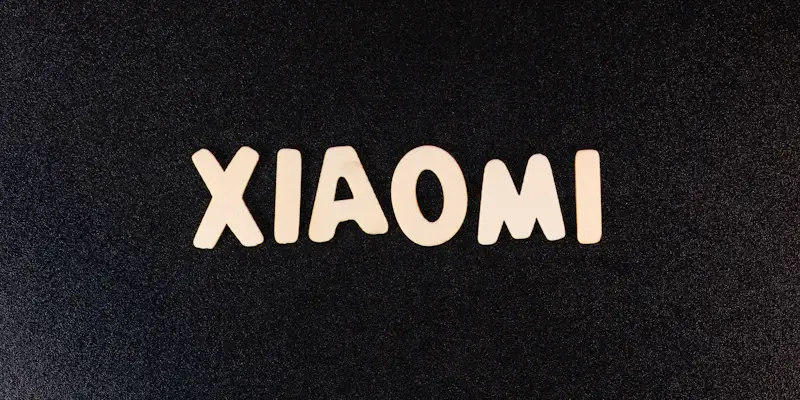Anticipation is building as Xiaomi prepares to unveil its latest flagship, the Xiaomi 15 Ultra, which is rumored to feature some groundbreaking specifications and innovative technology. Slated to debut in China next month, with a global introduction projected during the MWC Barcelona starting on March 3, 2025, this device promises to deliver exceptional performance and cutting-edge features. The global model of the Xiaomi 15 Ultra is expected to come with an impressive 16GB of RAM and 512GB of internal storage, although other configurations might be available to cater to different user needs. Users can also look forward to a choice of three aesthetically pleasing color variants: black, white, and silver.
At the heart of the Xiaomi 15 Ultra is the highly advanced Snapdragon 8 Elite SoC, which is expected to provide swift performance and robust power efficiency. The device also boasts a massive 6,000 mAh battery, which supports 90W wired charging and 50W wireless charging capabilities, ensuring that users can quickly recharge their phones and enjoy longer usage times. Photography enthusiasts will be thrilled with the phone’s rear camera setup, which features a primary 1″ type camera equipped with a Sony Lytia LYT-900 sensor. This will be complemented by a remarkable 200MP periscope telephoto camera, a 50MP telephoto unit, and a 50MP ultra-wide camera, all designed to deliver superior image quality and versatility. The Xiaomi 15 Ultra has positioned itself as a formidable competitor in the smartphone market, promising to overshadow many rivals with its high-end specifications and array of advanced features.

